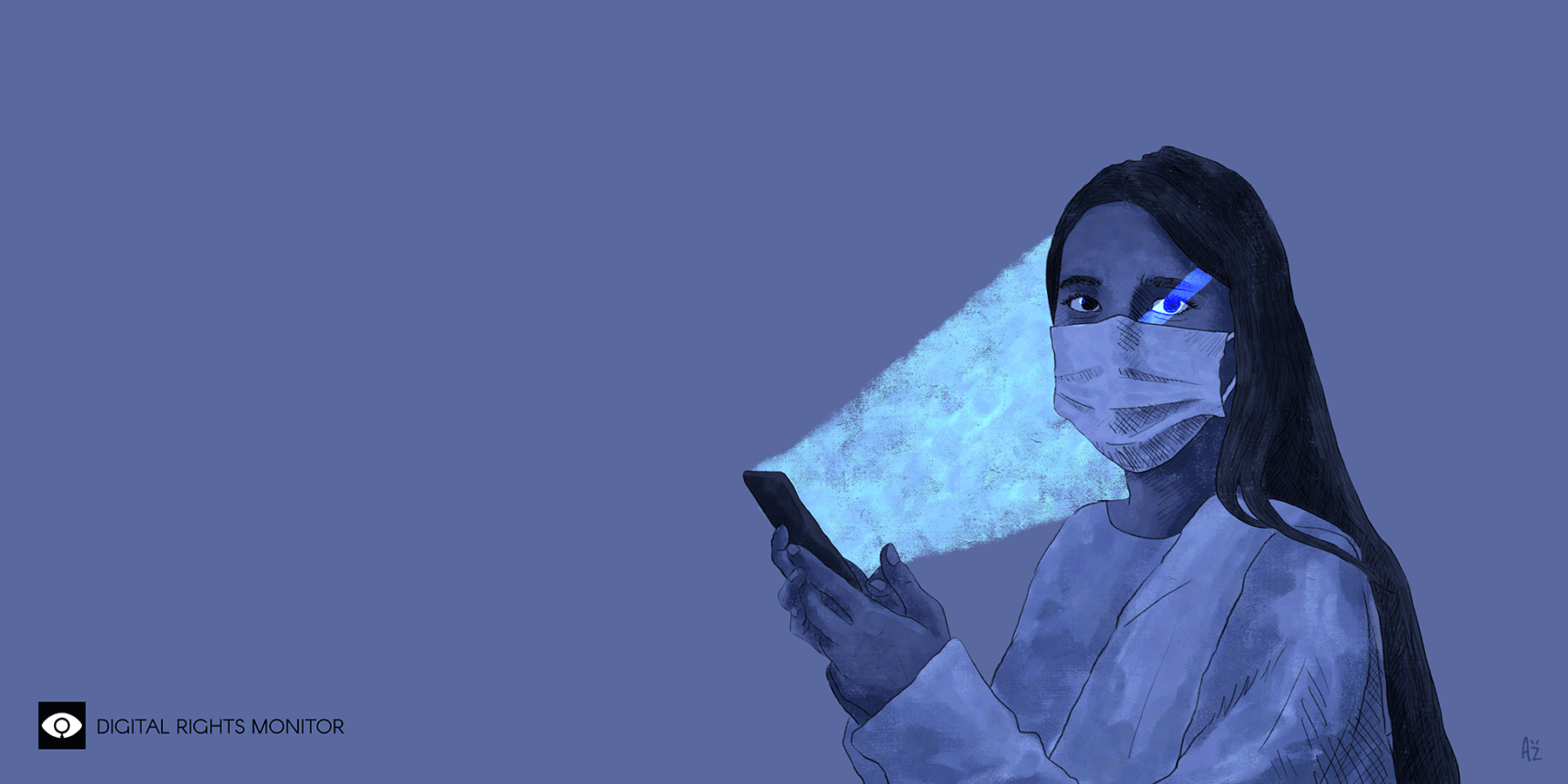The theme for International Women’s Day 2024 is “Inspire Inclusion”.
It encapsulates the complex challenges that women continue to face globally across economic, political, and social arenas. The theme stresses the need to address not only gender disparities, but also intersecting factors such as race, ethnicity, ability, and individual identity. From unequal pay and limited access to education and healthcare to deficient representation in leadership roles and systemic discrimination, women often have to battle a range of obstacles at the same time to make their voices heard and to claim their rightful positions in society.
The theme also highlights the necessity of fostering safe spaces that value diverse perspectives, amplify marginalised voices, and promote equitable opportunities for all, regardless of backgrounds. By ensuring inclusivity and empowering women from all walks of life, we can pave the way for a more just and prosperous society.
But as we talk about embracing inclusivity, it is important to reiterate that this inclusion should extend equally beyond physical spaces into virtual ones. While the role of technology in the growth of women cannot be underestimated, the accompanying challenges and threats, along with the lack of acknowledgement in our society, continue to isolate women and members from marginalised communities from the local and global digital community.
The participation of women in the digital sphere without any fear of repercussions needs to be prioritised with the same level of commitment as ensuring their safety on online platforms.
On this International Women’s Day, Digital Rights Monitor (DRM) brings you top five insightful features from its archives examining the factors that persistently impede the personal and professional growth of women. These factors stem from the failure to acknowledge the Internet as a basic need and recognise the potential of avenues digital media platforms offer to develop and enhance economic freedom, essential individual rights awareness, and initiate social empowerment.
These stories also highlight how Technology-Facilitated Gender-Based Violence (TFGBV) perpetrated against women and marginalised communities forces them into retreating from digital spaces, which compromises their participation in essential online discourse surrounding political and social events unfolding locally and beyond.
1) The Growing Need For Equal Representation In Digital Policymaking
By Salwa Rana

Excerpt: The concept of gender equality cannot be fully realised without gender equality in law and policymaking. Women and gender minorities of any society look up to the state and lawmakers to provide them with the necessary rights and protection within legislation, without which these groups would be excluded from social and economic development. Unfortunately, women and gender minorities are often not the priority of those in power, especially during lawmaking, who at times are motivated by political goals and agendas, disregarding the gendered implications of the laws leaving gaps in legislation which impacts the weakest in the society.
Read: https://digitalrightsmonitor.pk/the-growing-need-for-equal-representation-in-digital-policymaking/
2) Pakistan: Twitter No Longer A Space For Discourse
By Amel Ghani

Excerpt: Shahzadi Rai has lived in Karachi most of her life and is a trans rights activist working in various communities in the city. She is also a trans woman vocal on social media, especially Twitter. Rai tweets about trans rights but also uses the social media platforms to talk about other human rights issues in the country. Recently, she decided to step away from the platform.
“I used to be really active and would argue with people but now I’ve been advised to take a step back,” she says during our conversation. A few months ago, things changed for Rai. She had joined Twitter [now X] because she thought it was a platform to engage with educated people on issues. It became everything but that for her.
Read: https://digitalrightsmonitor.pk/pakistan-twitter-no-longer-a-space-for-discourse/
3) Digital Gender Divide: Internet Is Essential For Women To Access Important Information
By Mishael Hyat Ayub

Excerpt: When her father, Muhammad Ajmal who is 65 years old, became seriously ill with severe shortness of breath, Fatima, 44, a widow who lives and cares for him, had no idea what to do. She tried the traditional remedies of ginger tea and Joshanda, but saw no improvement in his condition. This was the time when people had not yet heard about the symptoms of the novel coronavirus, COVID-19, that were beginning to appear in Pakistan days before her father fell sick. Fatima, who is educated only up to primary school, did not have the literacy skills to access information through multiple mediums, and had no access to the Internet.
4) Ride-Hailing Services Are Repeatedly Failing To Ensure Safety For Women
By Halima Azhar

Excerpt: When ride-hailing services came to Pakistan, they claimed to be secure, accessible and affordable for those facing mobility issues, particularly women. According to June 2021 stats by Careem, over 3.3 million women had availed the service in Pakistan. Other applications, including Uber and inDriver, are also popular among women for commuting. However, these services fail to prioritise safety, affordability and accessibility not only for women, their primary target market, but also for individuals belonging to marginalised communities who are at the risk of gender-based violence prevalent in Pakistan.
5) Ask Before Copying: The Need For Consent In Digital Media
by Muzhira Amin

Excerpt: It was a weekend when Mariam*, a 24-year-old social media influencer with over a million followers online, woke up to find her pictures in a swimsuit all over the internet. She had just returned from a vacation to the Maldives after taking a 10-day “social media detox” and was excited to interact with her “fans” again. However, with her pictures out now, the people who once worshipped the ground Mariam walked on, had bombarded her inbox with profanities.
Read: https://digitalrightsmonitor.pk/ask-before-copying-the-need-for-consent-in-digital-media/





